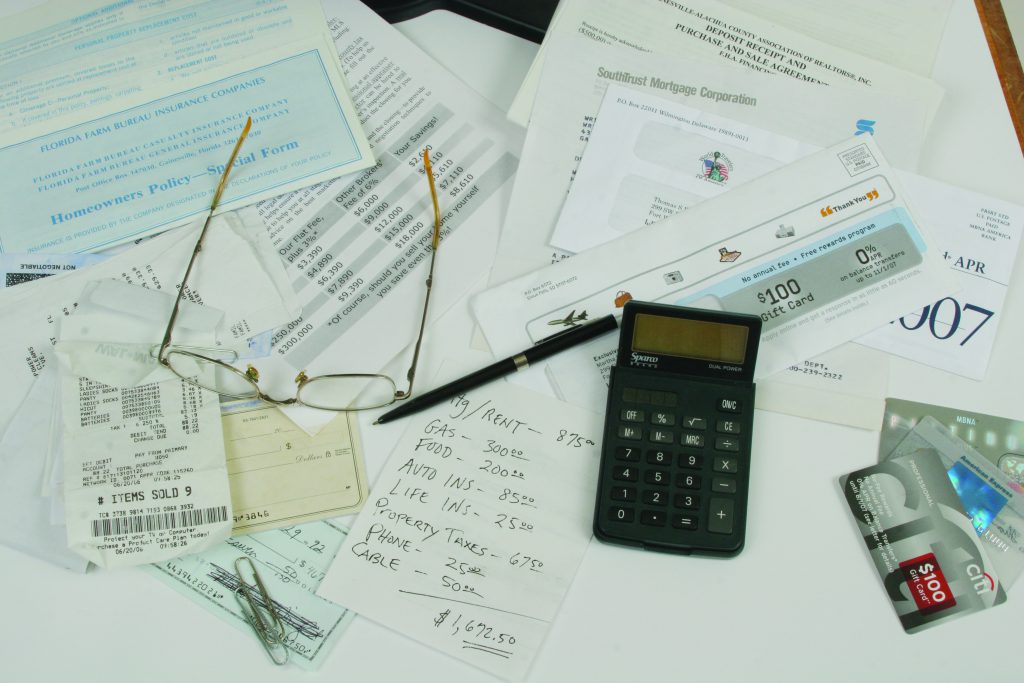What is a scam? A scam is a deceitful attempt to gain something of value from you, such as your personal information or funds. Scammers often pose as a genuine business or acquaintance in order to trick people into trusting them. Scam attempts are made over the phone, via text, in person, or through email. Scams target individuals of all ages, backgrounds, and income levels. Though seniors have traditionally been targets of scams, everyone is vulnerable.
It is important to protect yourself by recognizing the signs of scams. These signs can help keep you, your loved ones, and your money safe.
The Consumer Financial Protection Board (CFPB) has lots of resources to help you identify and stop these scams.
Here are Some Basic Signs of a Scam:
- Scammers often pretend to be a person/place you recognize, to win your trust.
- Scammers often tell you that there is a problem, or you have won a prize.
- Scammers often pressure you to take action immediately (time limited).
- Scammers often request you to pay in a specific way (store gift card or cash apps).
Tips to Protect Yourself from Scams and Identity Theft:
- Don’t share passwords or account numbers – especially your Social Security number.
- Change your passwords frequently. Make them complex. Store all passwords in a safe location.
- Do not open suspicious texts or click on links or attachments in an email. DELETE THEM!
- Don’t ever pay ahead of time for a guaranteed prize. If they request payment for taxes or other fees before you can receive a prize or prize money, it is most likely a scam.
- Keep your personal information safe. Lock your mailbox and shred your bills and other important documents before throwing them in the trash.
- Sound too good to be true? If you are skeptical, and/or something doesn’t feel right, it probably is a scam.
- Be skeptical of deals that are “good for only today.” If you are pressured to act immediately (or else!), it probably is a scam.
- Make sure to register your phone number on the National Do Not Call Registry or call (888) 382-1222.
Do You Think You’ve Been the Victim of a Scam? Now What?

Report the Scam. Reporting scams can help protect others. Agencies can utilize the information gathered to record patterns of behaviors that can lead to criminal charges.
Contact Your Local Law Enforcement. Consumers can report scams to their local law enforcement office, particularly if their money or identity has been stolen.
Contact Florida’s Attorney General. Florida citizens who have been victims of a scam can contact the Florida Attorney General’s Office of Citizen Services at 1-866-966-7226 or file a report on their website.
Reach out to the FBI. The FBI site offers some personal safety resources regarding scams and fraud.
For more information about keeping you and your family safe from scams, identity theft, and fraud, please contact the UF/IFAS Extension office in your county.
- Don’t Get Scammed - April 10, 2023
- September is Food Safety Education Month - September 28, 2022
- Meet Your FCS Agent: Laurie Osgood - August 2, 2022
